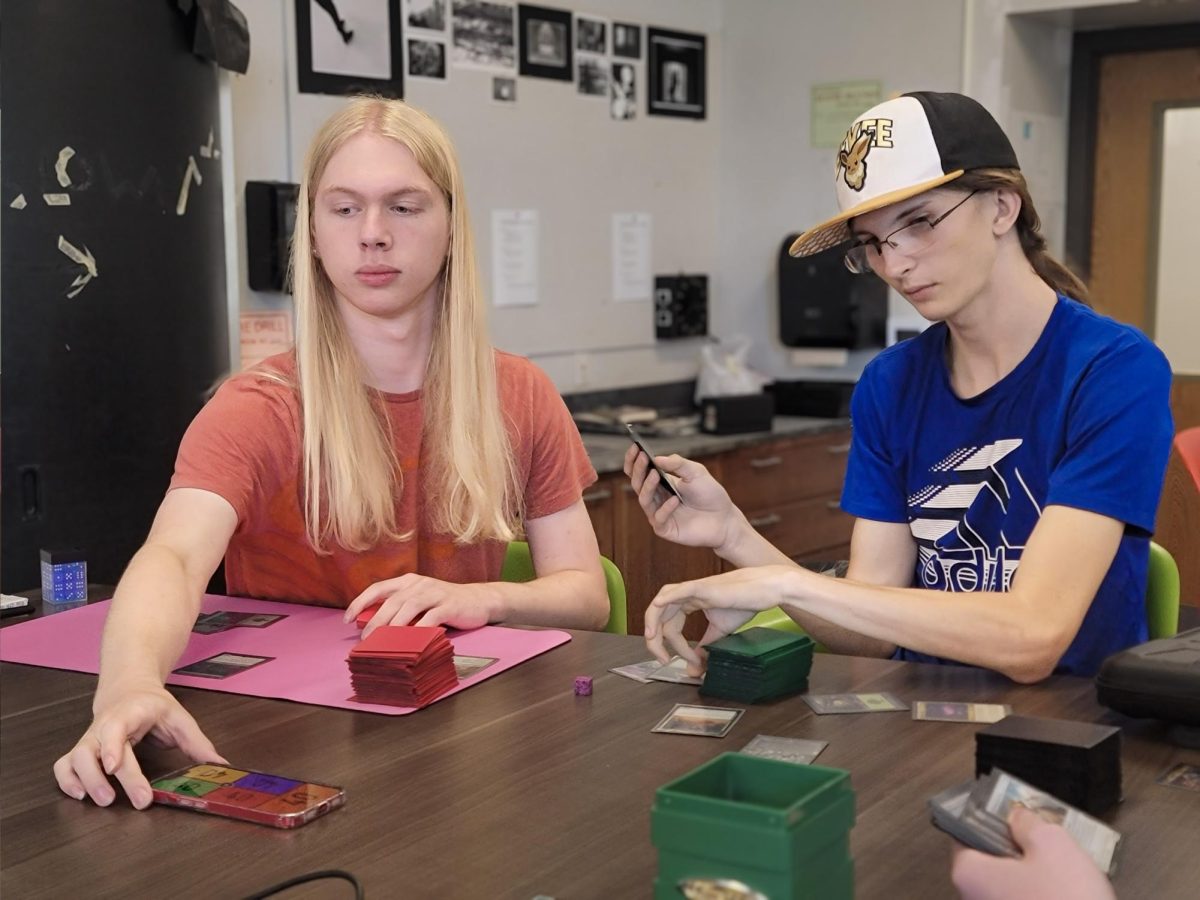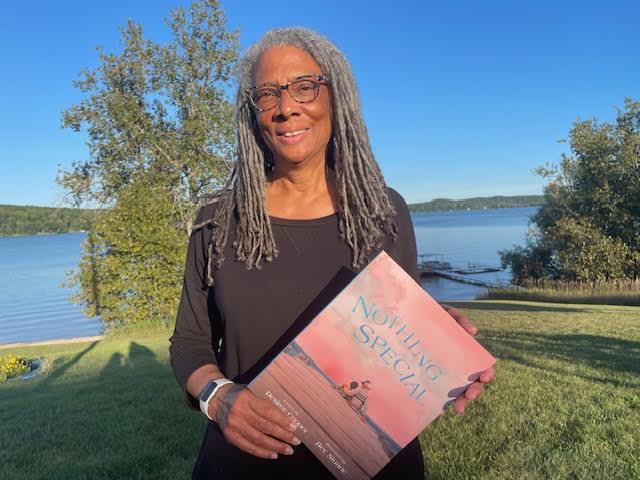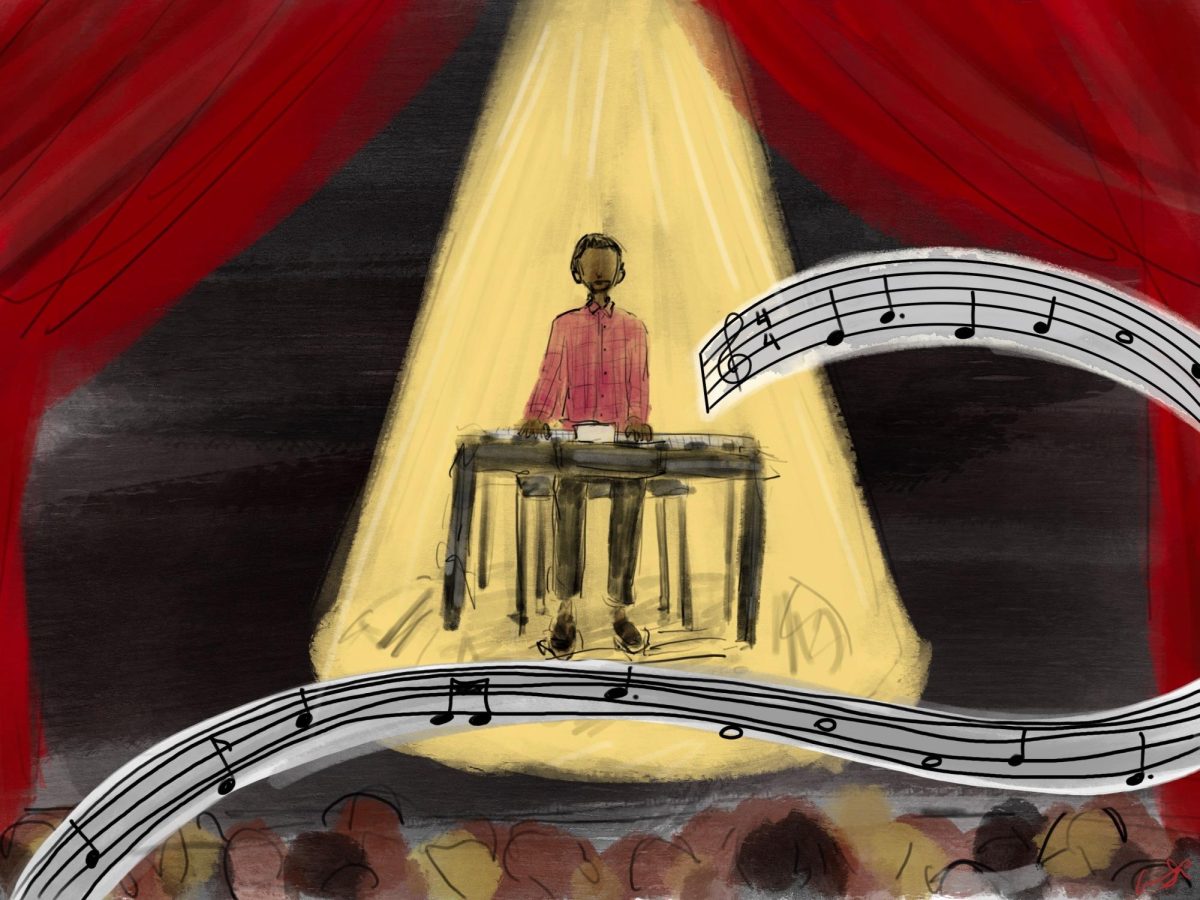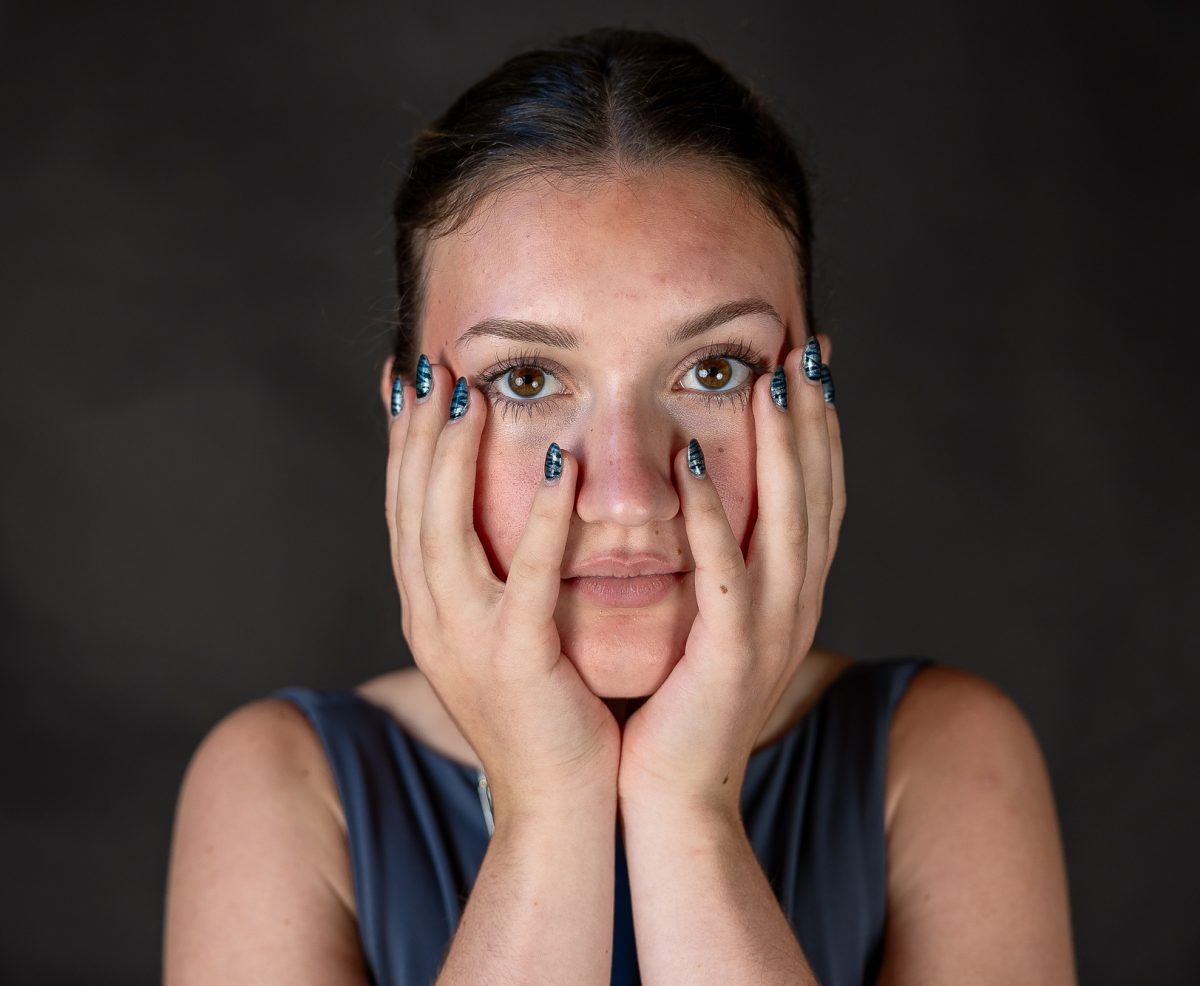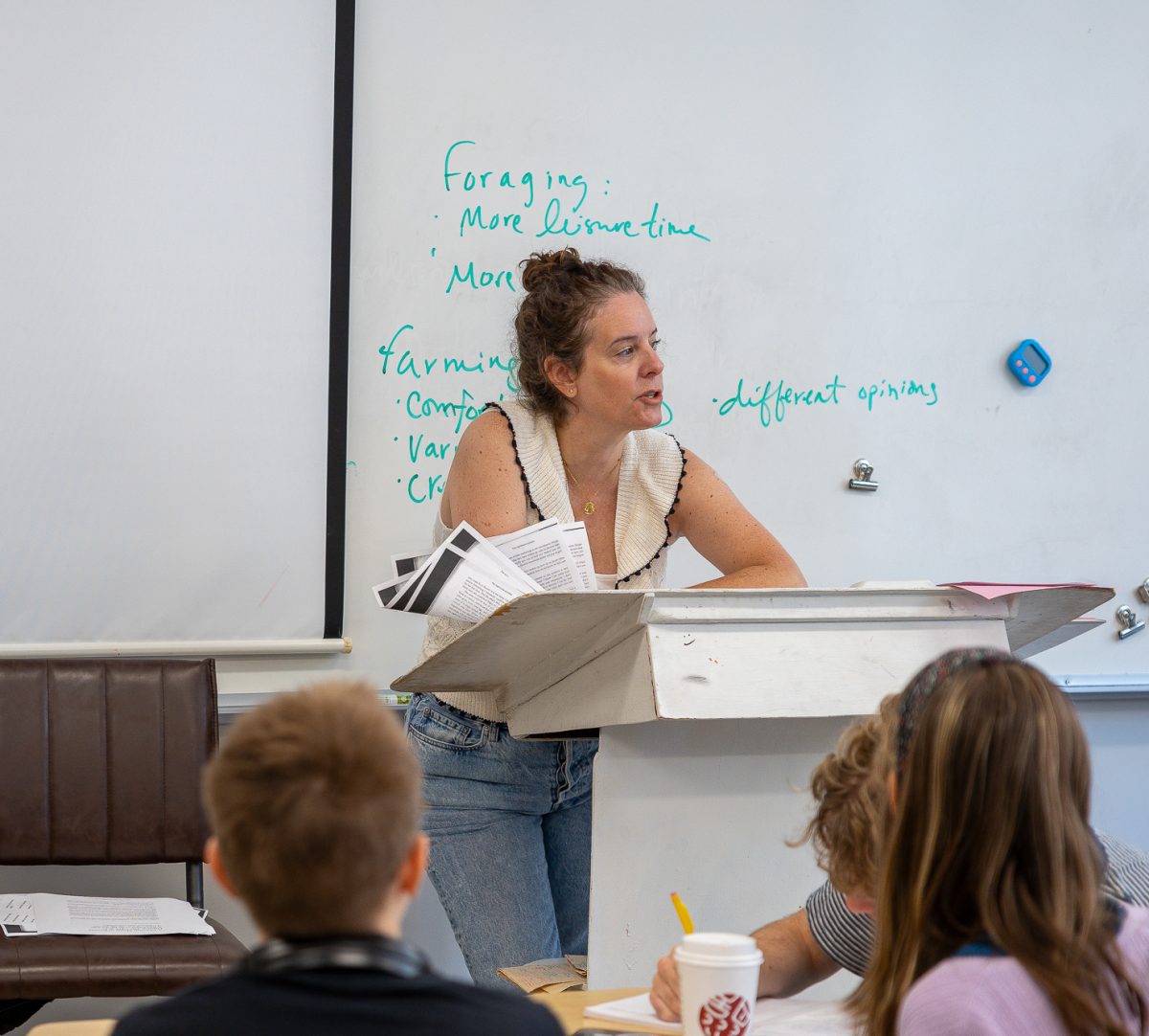If you’re at Community High School for lunch, then you’ve probably seen her standing by the corner wearing a sandwich board decorated with slogans like “Talk To Me About Socialism”. You may have seen her by the corner and decided to exit the school by another route.
“Many students choose not to walk by me, because they’re a bit nervous, or bored by my presence,” said Mardi Hering, the political activist many CHS students know as ‘The Communist Lady.’
Hering is a Trotskyist, which means that she is opposed to Stalinism, and that her activism has an international focus.
“Any kind of change has to be on an international basis, not a nationalist basis,” said Herring.
Herring is now sixty-two years old, and grew up during the McCarthy Era. Her transition into communism was a gradual one.
“I was called a communist when I questioned poverty and the Vietnam War when I was in early college,” she said. “In high school… I really didn’t understand the whole social system. I just saw in front of me conditions which I disagreed with, but I didn’t link it to an entire systemic problem… I was eighteen before some of the scales fell off my eyelids.
Now, with her eyelids fully descaled, Herring is part-time professor of social science at the Henry Ford Community College. She tries not to be too partisan with her students.
“I don’t stand in front of my classroom like I stand in front of Community High to convince people to look at socialist ideas,” said Hering. “However, since I teach psychology, when I look at some issue like child development… [I] talk about the absolutely devastating conditions for children in this society, where we have the highest infant mortality rate of any advanced, industrialized country in the world.”
“People say to me, ‘Well, what do you think the solution is?’” Hering continued. “And I will say ‘I think we need a new social system, because this one is barbaric and violent.’”
When asked about an alternative to this system, Hering had a lot to say.“I think socialism means every human being should come first, and not profit,” Hering said. “That’s the main distinction. But we live in a social system that if you don’t have money, you die in the Emergency Room. If you don’t have money, you can’t go to school, and I’m opposed to that. I think we should not have a system that is based on profit, with human beings coming first.”
Hering has been talking to students outside Community for years. Part of this is simply because of Community’s unique location. “Even though we have something called the First Amendment in this country, most schools are built on private property, and I don’t have the legal right to stand in front of a school,” she explained. “If people notice, I try to stand on the public sidewalk… It’s a practical problem that I’ve resolved by coming to Community.”
However, availability isn’t the only reason she favors Community. She also has a profound interest in the students’ minds. “Many of you come from backgrounds where…you’ve been encouraged to think, and subsequently, you’re not afraid of words like Communism, Marxism, etcetera,” she said. “I think I have a way of understanding what’s called political economy, so even if you didn’t talk to me more than once, you could begin to see that you need to understand the world in which you live.”
Hering believes strongly in the intellectual power of our generation, and is hopeful about our potential for revolution. Occupy Wall Street, especially, has caught her interest.
“I was young during the last social movements in this country,” she said, “and I think Occupy Wall Street could be the beginning of the next social movement… The Occupy movement could end, but I think there’s going to be social movements in this country like there have been in the past, and I would like to see them win this time.”



